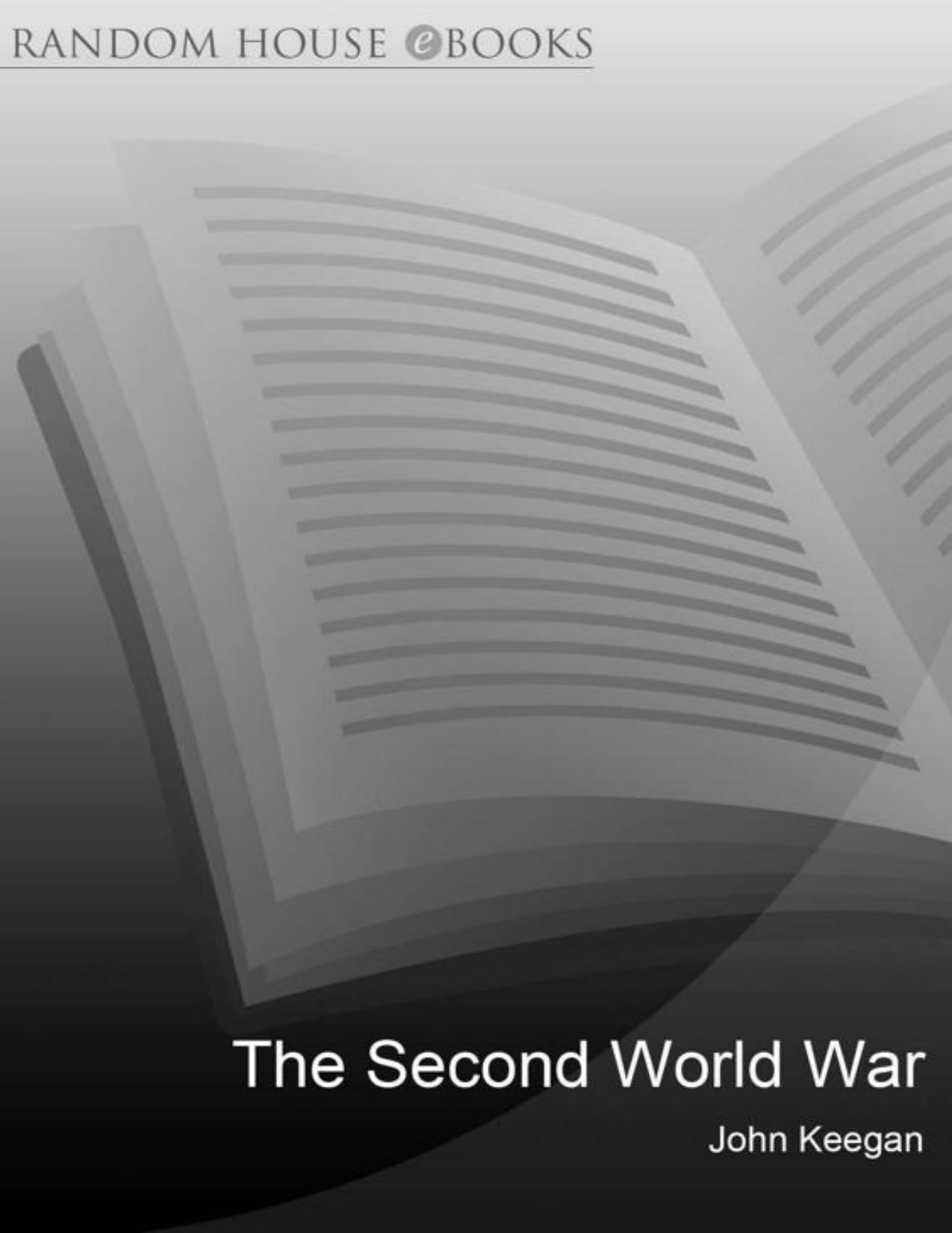The Second World War by Keegan John

Author:Keegan, John [Keegan, John]
Language: eng
Format: epub, mobi, pdf
Publisher: Random House
Published: 2011-08-30T23:00:00+00:00
Churchill and the Americans
Churchill had conceded much ground to Marshall in April, but he won some of it back when he visited Washington in June. Because of the prevailing disparity between German and Allied strengths, a cross-Channel invasion in 1942 would certainly have ended in catastrophe, and he rightly remained opposed to any such undertaking. By reasoned argument he made Sledgehammer look naively reckless and so engaged Roosevelt’s interest in Torch (at that time codenamed Gymnast). Churchill argued that, if Bolero brought large numbers of American troops to Britain, Roosevelt’s electors would expect them to be employed. Since they could not take part in a Second Front in 1942, why not use them in an interim operation in North Africa before the moment for Roundup came about in 1943? Roosevelt was half persuaded and in July sent Marshall to London again to thrash the matter out. Marshall was now in a headstrong mood. British resistance to an early Second Front had so incensed him that he had considered throwing his weight behind King’s and MacArthur’s commitment to the Pacific. Although that was only a bargaining manoeuvre on Marshall’s part, King meant business and as he accompanied Marshall to London on 16 July Churchill found the next four days were devoted to perhaps the hardest-fought strategic debate in the war.
It produced deadlock, with the American Joint Chiefs of Staff demanding the Second Front that year and the British Chiefs of Staff and War Cabinet refusing to relent. The two sides agreed to lay their cases before Roosevelt, thus confronting the President with a requirement for a decision of a sort he did not usually take; in straightforward military matters he normally allowed himself to be guided by Marshall. Marshall ought therefore to have carried the day. Churchill, however, had got round his flank. Not only had he planted much doubt in the President’s mind during his visit to Washington in June. He had subsequently reinforced it through the unofficial channel of communication provided by the comings-and-goings of Roosevelt’s private emissary, Harry Hopkins. Hopkins had originally had reservations about British wholeheartedness that were almost as severe as Marshall’s; he had been won round, however, by a concerted diplomatic offensive waged by Churchill, cabinet and Chiefs of Staff together. Lobbied by Churchill and Hopkins, Roosevelt now decided to present his Joint Chiefs of Staff with a range of choices which excluded a Second Front and among which Torch was the most attractive. When Marshall settled for this North African landing, Roosevelt enthusiastically endorsed his choice and then and there set the target date for 30 October (in the event it was launched on 8 November).
Download
The Second World War by Keegan John.mobi
The Second World War by Keegan John.pdf
This site does not store any files on its server. We only index and link to content provided by other sites. Please contact the content providers to delete copyright contents if any and email us, we'll remove relevant links or contents immediately.
| Africa | Americas |
| Arctic & Antarctica | Asia |
| Australia & Oceania | Europe |
| Middle East | Russia |
| United States | World |
| Ancient Civilizations | Military |
| Historical Study & Educational Resources |
The Radium Girls by Kate Moore(12003)
100 Deadly Skills by Clint Emerson(4900)
Rise and Kill First by Ronen Bergman(4761)
The Templars by Dan Jones(4672)
The Doomsday Machine by Daniel Ellsberg(4474)
The Rape of Nanking by Iris Chang(4189)
Killing England by Bill O'Reilly(3987)
Stalin by Stephen Kotkin(3940)
Hitler in Los Angeles by Steven J. Ross(3935)
12 Strong by Doug Stanton(3539)
Hitler's Monsters by Eric Kurlander(3320)
Blood and Sand by Alex Von Tunzelmann(3181)
The Code Book by Simon Singh(3162)
Darkest Hour by Anthony McCarten(3112)
The Art of War Visualized by Jessica Hagy(2988)
Hitler's Flying Saucers: A Guide to German Flying Discs of the Second World War by Stevens Henry(2742)
Babylon's Ark by Lawrence Anthony(2659)
The Second World Wars by Victor Davis Hanson(2512)
Tobruk by Peter Fitzsimons(2494)
